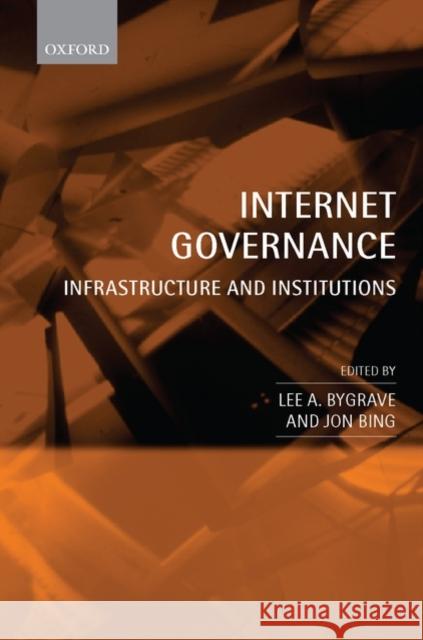Internet Governance: Infrastructure and Institutions » książka
Internet Governance: Infrastructure and Institutions
ISBN-13: 9780199561131 / Angielski / Twarda / 2009 / 256 str.
The question of governance of the Internet is increasing in significance. The United Nations' World Summit on the Information Society, held in two phases in 2003 and 2005, provoked heated debate, and the resultant meetings of the Internet Governance Forum that followed this have been the subject of growing public and media interest. Yet governance of the Internet is multifaceted, complex, and far from transparent, and there has been little written about the subject which is detailed, systematic, and non-polemical.
This book focuses on the issues involved in the ongoing development of Internet governance, and the challenges associated with developing and applying governance structures at a global level based on bottom-up, consensus-seeking decision-making procedures, without direct foundation in a treaty frame-work. Leading academics and practitioners studying and working in the area of Internet governance explore such issues as how the engineering of infrastructure matters, how legitimacy is gained and retained by governance organizations, and whether elements of such organizations can provide a model for other organizations to emulate. They examine the tensions inherent in Internet governance, such as government control versus digital libertarianism; commercialism versus civil society ideals; interests of developed countries versus interests of developing countries.
The book will be of interest to academics, researchers, and students of Information and Communications Technology, legal aspects of ICT, and Organization Studies, as well as legal practitioners, government bodies, NGOs, and others concerned with Internet governance.











